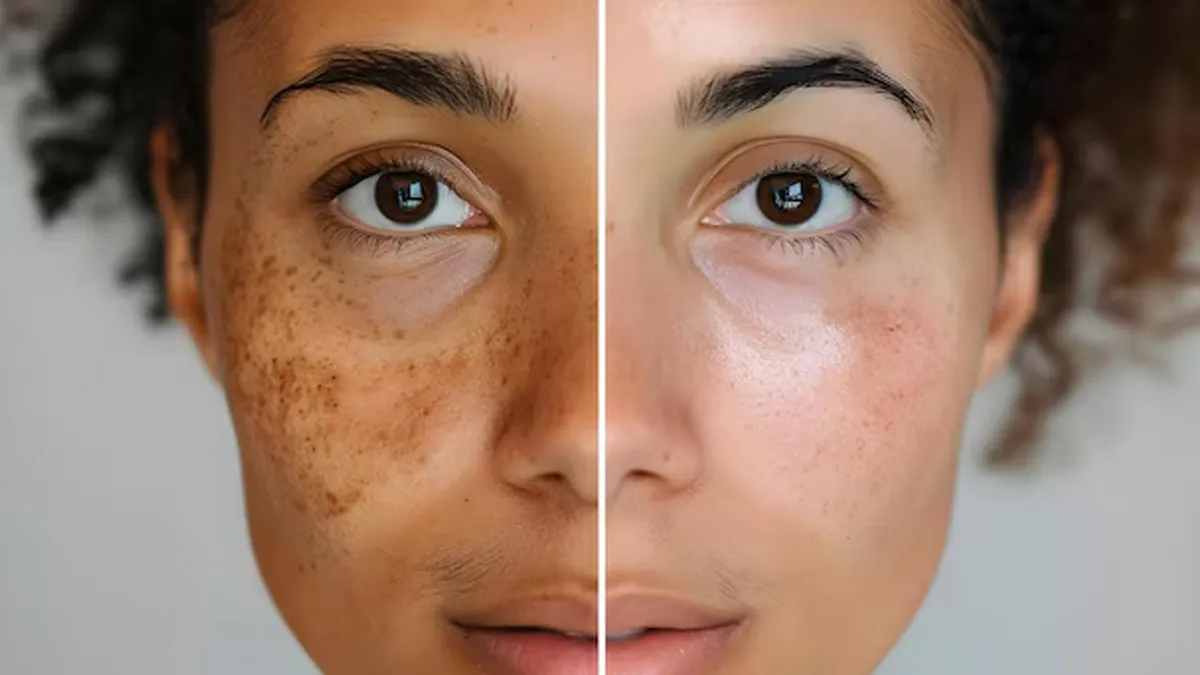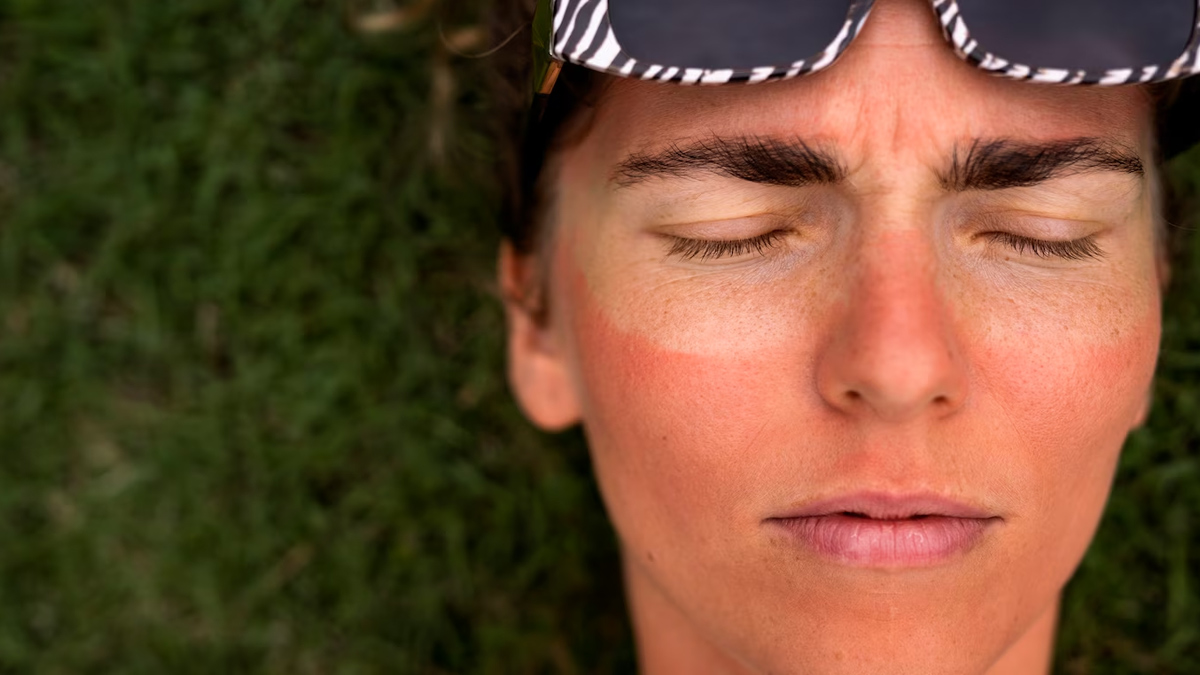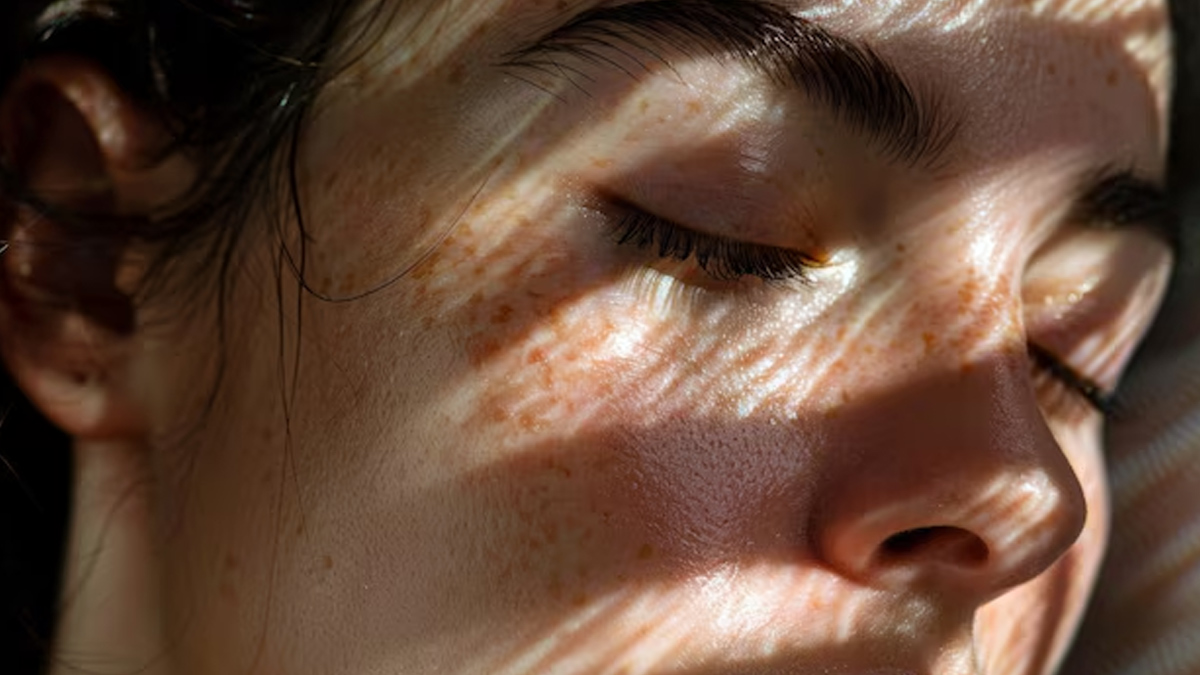
Sunlight is important for existence and life. It lifts mood, strengthens bones with vitamin D, and keeps our body clocks ticking. But excessive sun, particularly unprotected exposure, will leave a permanent imprint on your skin. From wrinkles and fine lines to dark spots and uneven tone, sun damage (or photoageing) is one of the most prevalent skin issues globally. However, many of us want to know if we can actually reverse it, or is prevention the only treatment.
Table of Content:-
To have our answers, we reached out to our expert, Dr Sanjeev Gulati, Dermatologist, Department of Dermatology, Sharda Hospital - Noida, and here is what he shared with us.
Understanding Sun Damage
When Ultraviolet (UV) rays enter the skin, they cause changes at the cellular level. Collagen and elastin, which are the proteins that make skin smooth and firm, start to degrade. UV rays also destroy DNA, which causes pigmentation problems and, in the worst cases, raises the risk of skin cancers. According to Dr Gulati, Indications of sun damage include:
- Fine lines and wrinkles
- Rough or leathery texture
- Brown spots and hyperpigmentation
- Broken capillaries
- Uneven skin tone
Also Read: What Is Arbutin? Skin Health Benefits For People With Dark Spots

Can Sun Damage Be Reversed?
Although not every injury can be fully reversed, Dr Gulati concured that a number of treatments can really enhance the look and state of sun-damaged skin.
1. Topical Skincare
- Retinoids (Vitamin A derivatives): Stimulate cell turnover, erase melanin spots, and stimulate collagen synthesis.
- Vitamin C serums: An antioxidant bomb that lightens skin and safeguards against additional free-radical damage.
- Niacinamide: Facilitates repair of the skin barrier and minimises inflammation due to sun damage.
- Hydrating moisturisers: Must be used to rebuild skin resilience and smoothness.
2. In-Clinic Treatments
- Chemical peels: Exfoliate damaged outer layers, exposing fresher skin underneath.
- Laser treatment (such as fractional lasers): Address pigmentation and stimulate collagen rebirth.
- Microneedling: Stimulates repair and regeneration.
- IPL (Intense Pulsed Light): Reduces redness, age spots, and discoloration.

3. Lifestyle and Prevention
Reversal only succeeds if complemented with prevention. Daily routines significantly contribute to skin health:
- Slather on sunscreen (SPF 30 or greater) daily, even indoors.
- Play in the shade between 10 a.m. and 4 p.m. when the sun's rays are most powerful.
- Slip on protective clothing, hats, and shades.
- Munch on foods rich in antioxidants (berries, leafy greens, nuts) to assist skin in resisting oxidative stress.
Bottomline
Sun damage can leave a lasting mark, but contemporary skincare and dermatologic intervention can vastly diminish its appearance. The secret is to be consistent, and reaching out to your dermatologist for professional treatment (if needed), along with daily sun protection. In Dr Gulati’s words, you can't reverse the clock entirely, but you can slow it down and revive much of the health of your skin.
Also watch this video
How we keep this article up to date:
We work with experts and keep a close eye on the latest in health and wellness. Whenever there is a new research or helpful information, we update our articles with accurate and useful advice.
Current Version
Sep 14, 2025 15:05 IST
Modified By : Chanchal SengarSep 14, 2025 15:05 IST
Published By : Tanya Srivastava